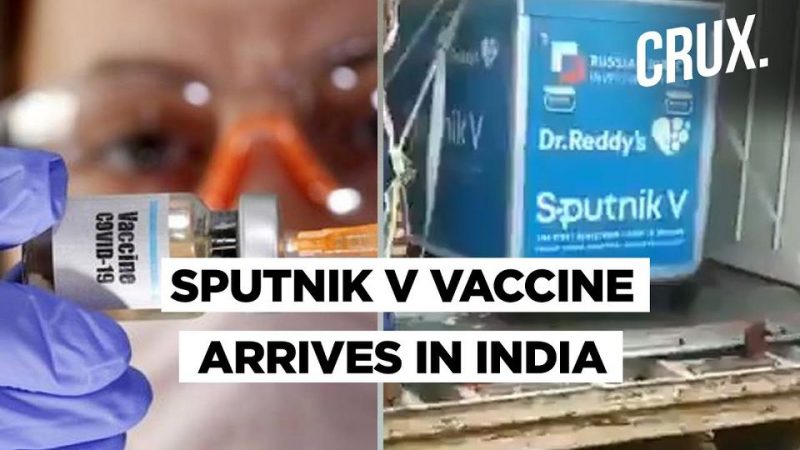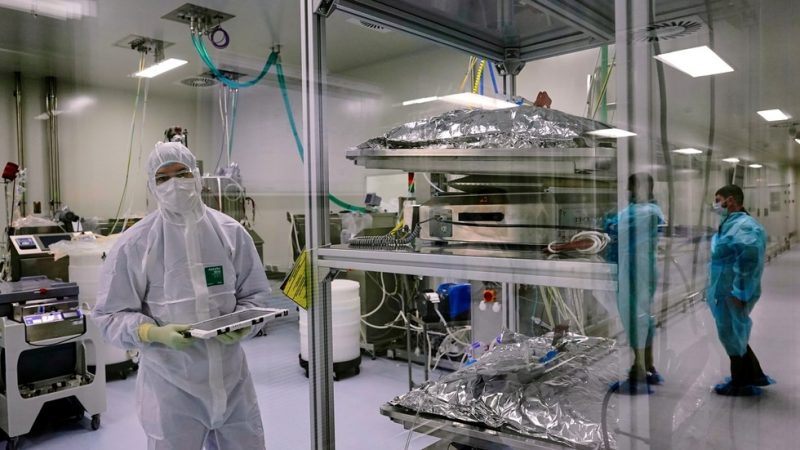
Vyacheslav Volodin, the Chairman of the country’s State Duma, told the Rossiya-24 news channel on Thursday that access to life-saving jabs was becoming increasingly complicated by political motives.
“We have watched what is happening in the European Union, where the US is imposing its products,” he said, “but at the same time forcing countries to pay, thereby trying to maintain this monopoly in order to make money on it.”
This dynamic, Volodin argued, has dictated the continent’s approach to the Sputnik V formula, developed by Moscow’s Gamaleya Institute.
“Those [in Europe] who try to procure vaccines on their own from Russia or China immediately come up against pan-European international bodies that are beginning to stand in the way of them saving lives in their own countries,” the parliamentarian added.
Last year, Hungary risked the ire of bureaucrats within the European Union when it announced it was exploring an order of Sputnik V.
Calling for a more open market for coronavirus jabs, regardless of their country of origin, he insisted that “there’s no need to create barriers here… Look at what freedom is by their standards and what their approaches are in a life and death situation.”
The Brussels-based bloc insists that any vaccine used by its member countries first be approved by its central regulator.
“There is no question that any vaccine that is, or could be, made available on the territory of the EU would have to comply both with the quality standards that are expected for these types of products… and follow the approval procedures,” said Eric Mamer, a spokesman for the European Commission at the time.

However, these restrictions appear to cut both ways at present.
Earlier this week, Russia’s healthcare watchdog Roszdravnadzor announced a ban on US Pharma giant Pfizer’s Covid-19 vaccine.
The news came after reports that a foreign-owned private clinic in Moscow had been administering the jabs to paying customers.
While Russia has begun mass immunizations with Sputnik V, and is trialing at least two other domestic formulas, no foreign-made versions have yet been approved.
Given Russia is deploying Sputnik V, it is unlikely to be considered a priority market and has expressed little interest in imports.
That situation is likely down to limited interest from international pharma giants in having their vaccines registered in the country, at a time when they are already under pressure to fill orders placed elsewhere.
However, on Tuesday, TASS reported comments from a spokesman for Pfizer, who said that the company was considering applying to regulators for the right to sell its jab.
***
Published by Rt.com
Republished by The 21st Century
The views expressed in this article are solely those of the author and do not necessarily reflect the opinions of 21cir.
